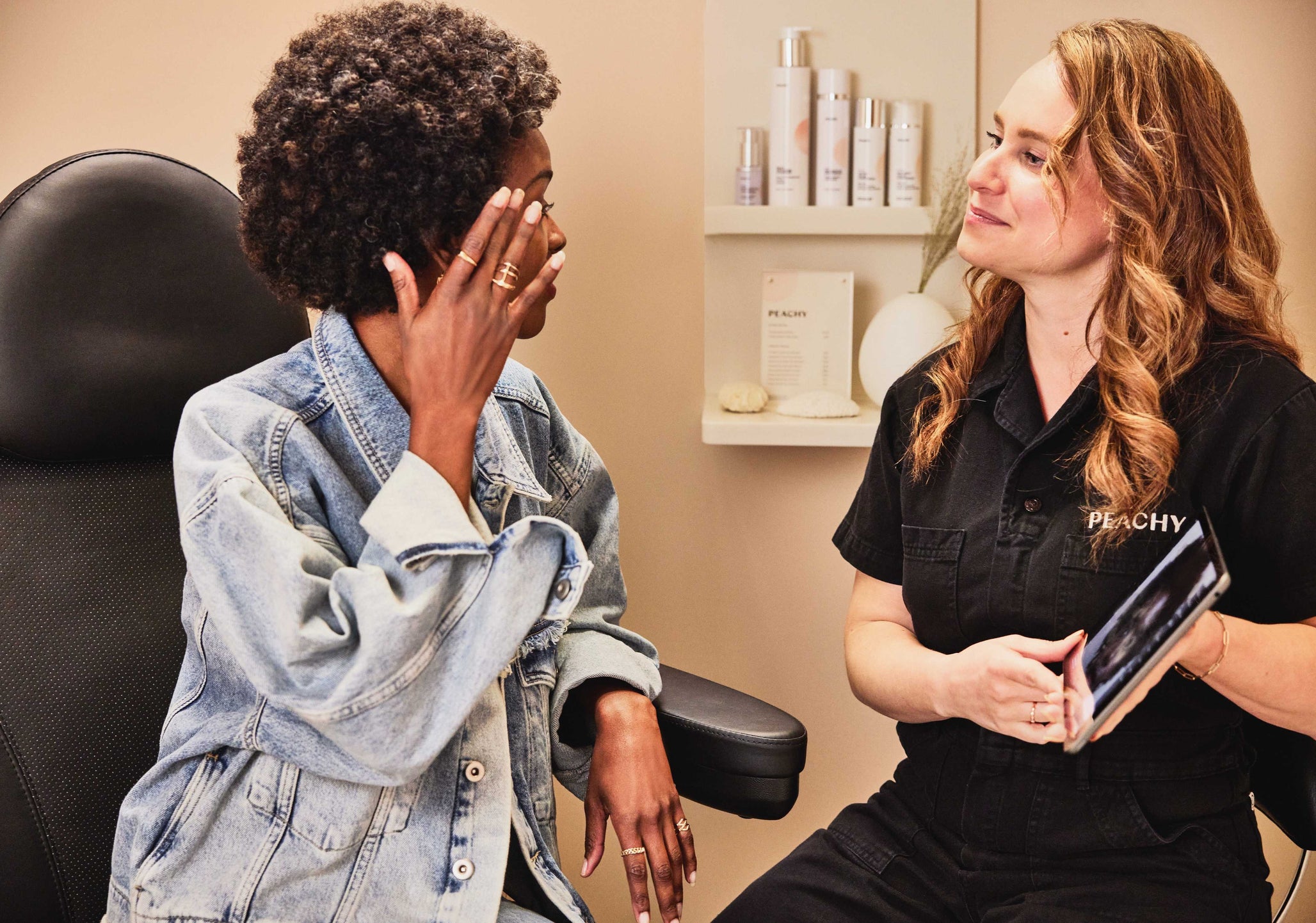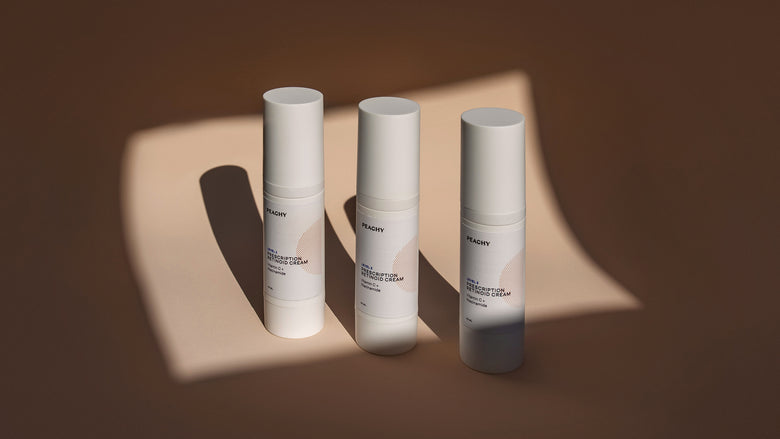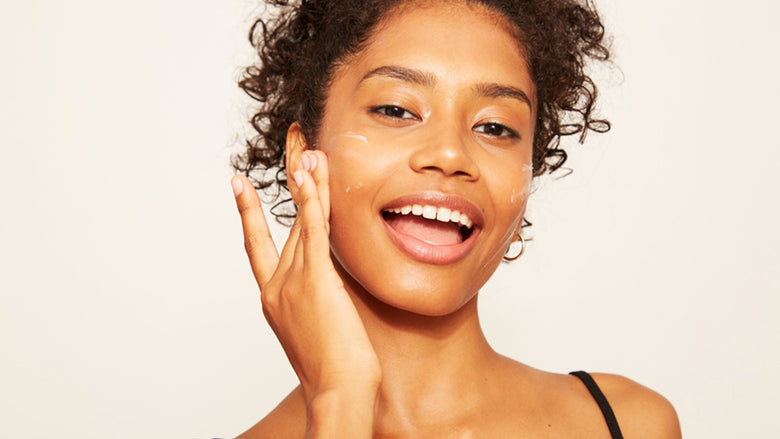Since the approval of the first retinoid for acne in 1971, this medication has gained recognition for its efficiency in addressing various skin issues. While retinoids may not serve as a universal solution for every skin condition, they have been proven to work on several of them.
Retinoids for Acne
For individuals with moderate to severe acne resistant to other treatments, retinoids offer promising results. When applied to the skin, retinoids can unclog pores, enhancing the effectiveness of other medicated creams and gels. They work by preventing dead cells from blocking pores, thereby reducing acne outbreaks and potentially preventing acne scarring. Retinoid creams, foams, and gels target oil production, acne-causing bacteria, and inflammation.
How to use: Apply a pea-sized amount of retinoid cream to the skin once daily, 20 to 30 minutes after washing your face.
What else you need to know: Initially, you may experience redness, skin peeling, or worsening acne. To minimize discomfort, consider using the product every other day until your skin adjusts or mix it with moisturizer.
Retinoids for Wrinkles
Tretinoin, the first retinoid approved by the FDA for wrinkles, promotes collagen production and stimulates blood vessel growth. It helps fade age spots, reduce precancerous skin spots, and impart a rosy complexion. Over-the-counter retinoids may not match tretinoin's efficacy but can improve sun-damaged skin when combined with alpha-hydroxy acid products.
How to use: Apply to the face, neck, chest, hands, and forearms every other week.
What else you need to know: Visible improvements in wrinkles may take 3 to 6 months, with optimal results after 6 to 12 months of regular use.
Retinoids for Psoriasis
Retinoids can slow skin cell growth in psoriasis patients. Typically, apply a small amount to each affected area once daily before bedtime. Retinoid creams or gels may be paired with steroid treatment.
Side Effects and Risks
While retinoids offer benefits for common skin issues, they carry risks, including dryness, skin color changes, sensitivity to sunlight, and irritation. Minimize risks by avoiding sun exposure, adhering to prescribed usage, and moisturizing the skin.
Pregnant women or those planning pregnancy should avoid retinoids.
At Peachy Studio, we prioritize skincare education and offer comprehensive solutions for your skin concerns. Learn more about retinoid treatment and its benefits while prioritizing your skin's health and vitality.




